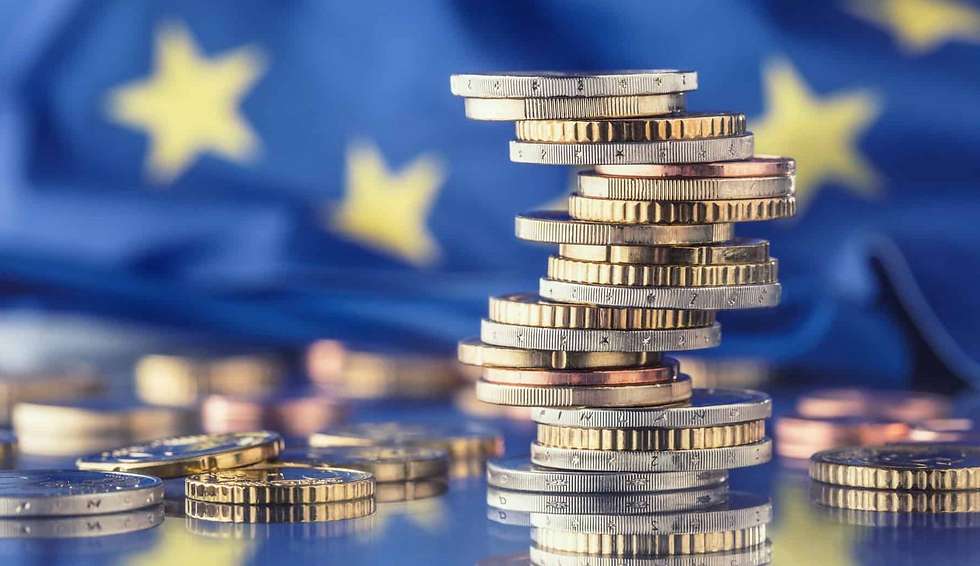Croatia Completes Euro Conversion Successfully, EU Commission Confirms
- Jan 18, 2023
- 2 min read
Croatia has effectively completed its euro conversion, according to the European Union Commission.

The Commission made such an announcement following the 14-day dual circulation period, during which payments may be made in both kuna and euro, and it was emphasised that payments can only be made in euro from now on.
According to the Commission, a poll conducted by the latter on January 13 and 14 revealed that 89% of cash payments in stores were made in euros.
Furthermore, the same survey found that 99 percent of transactions resulted in Croatians receiving their change in euro, implying that there will soon be no kuna in circulation.
“Virtually all (99 per cent) transactions resulted in consumers receiving their change in euro only. 67 per cent of Croatian citizens polled said they already carry only euro banknotes, with 68 per cent saying they only carry euro coins,” the statement of the Commission reads.
Concerning the retail sector, the Commission stated that it has handled the two currencies well and that no major issues at the tills have been reported. It also stated that the conversion of cash dispensers went smoothly, implying that there were no issues.
Despite the fact that the transition was described as smooth, Croatian authorities took many steps to protect consumers and address concerns about unfair price hikes during the period when the kuna was exchanged for euros.
Since September 5, 2022, all businesses have been required to show pricing in both kuna and euro, and this regulation will continue in effect until December 31, 2023. Furthermore, an inspection committee has been tasked with monitoring and controlling prices, as well as taking action if any infractions are discovered.
In terms of kuna exchange, it has been reiterated that it can be exchanged for euro coins and banknotes at the Financial Agency and post offices until June 30, 2023.
On the other hand, kuna coins and banknotes can be exchanged at commercial banks until the end of the year, December 31, 2023.
Croatia will enter the Schengen Area and the Eurozone on January 1, 2023. The EU Commission praised the move, saying it represents a watershed moment for Croatia, the Schengen Area, and the EU.
By fLEXI tEAM





Comments